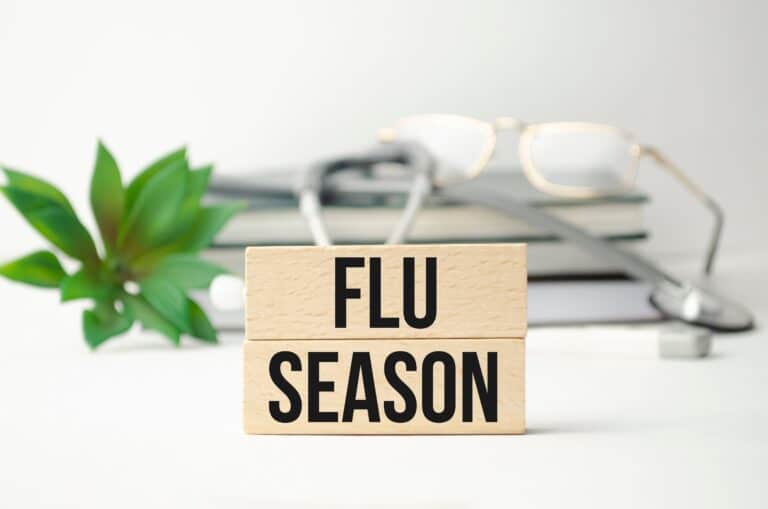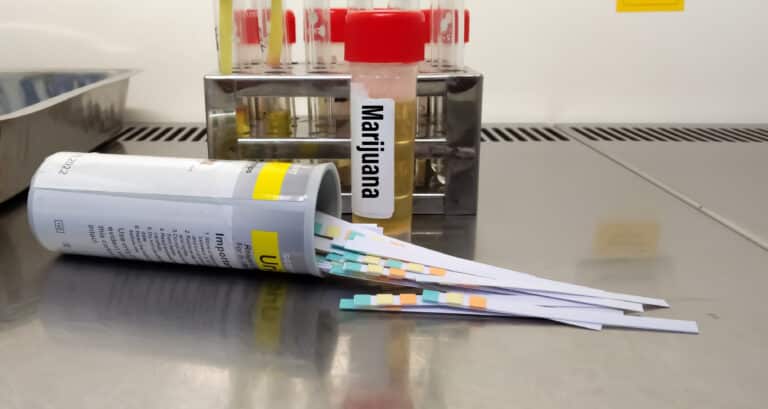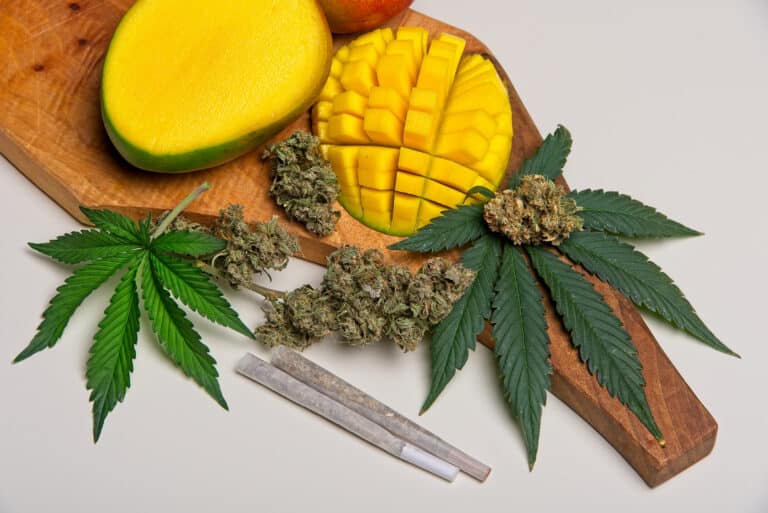https://compcaremd.com/wp-content/uploads/2021/05/2DBF1286-936D-4A00-BBAF-8F2D2B600990_4_5005_c.jpeg
Opioid Use Disorder (OUD) is a substance use disorder that comes from excessive use of opioids. This disorder is characterized by a high willingness to use opioids, a strong tolerance to opioids, and problems lessening use and withdrawal symptoms linked with withdrawal.
Over the last couple of years, cannabis legalization in the US has paved the way for a safer alternative to pain killers. States with legal cannabis have experienced a reduction in opioid use. According to a 2018 study published by JAMA, there was a 14.4% reduction in opioid use with Medicare patients residing in states with legal cannabis dispensary. While there is a lot to learn about the medical cannabis industry, it’s a potential treatment alternative to opioids.
Cannabis research has been slow in the US due to the Federal restriction of the drug. Nonetheless, the wide acceptance of legal cannabis across the US has led to an increase in research studies linking cannabis to opioid use disorder. Currently, there are many observational studies, as well as some preclinical and clinical surveys, showing the benefits of cannabis.
A 2018 National Institutes of Health report examined the complex interaction of the endocannabinoid and opioidergic systems and discovered that cannabis can potentially prevent opioid misuse, reduce opioid withdrawal symptoms, and prevent any chances of relapse.
According to the study, CB1 receptors and mu-opioid receptors (MORs) typically are found in similar areas of the brain. The study also examined how this biological overlap results in the interplay of the two systems, particularly when it comes to emotional reward reactions and other physiological actions that could prompt opioid withdrawal.
Another study conducted by the University of Michigan in 2016 showed that the use of medical cannabis can use opiate use disorder. In this study, researchers used an online questionnaire to conduct a cross-sectional retrospective survey of medical cannabis patients with chronic pain. The study concluded that cannabis can be vital in resolving opioid withdrawal symptoms.
A 2018 study published by Howard University Hospital showed the positive effects of cannabis on opioid use disorder. The study showed that beneficial cannabis compounds such as CBD can actively control nausea, one of the primary side effects of opioid withdrawal. According to the researchers, cannabis may still bring disorientation and lethargy to some users.
How Marijuana Can Help with Opiate use disorder
Individuals experiencing the adverse effects of opiate use disorder usually experience a lot of pain. Chronic pain is a debilitating condition that can impact daily activities and consuming opioids for pain will lead to tolerance in the long run.
Medical marijuana can help to reduce the effects of opiate use disorder in two significant ways:
Cannabis works alongside opiates to lessen the rate of opiate doses needed to combat pain.
Cannabis can easily combat any physical withdrawal symptoms that a user experience.
Opiate use disorder can bring a lot of severe and extreme withdrawal symptoms to the user.
Bottom line
Medical marijuana is considered by most as a positive way forward in combating opiate use disorder. It can replace opioid medications used in the treatment of pain and anxiety.
Your Content Goes Here
Copyright © 2024 Medical Marijuana Doctor - MMJ Doctor Near Me
Site by CannaPlanners




